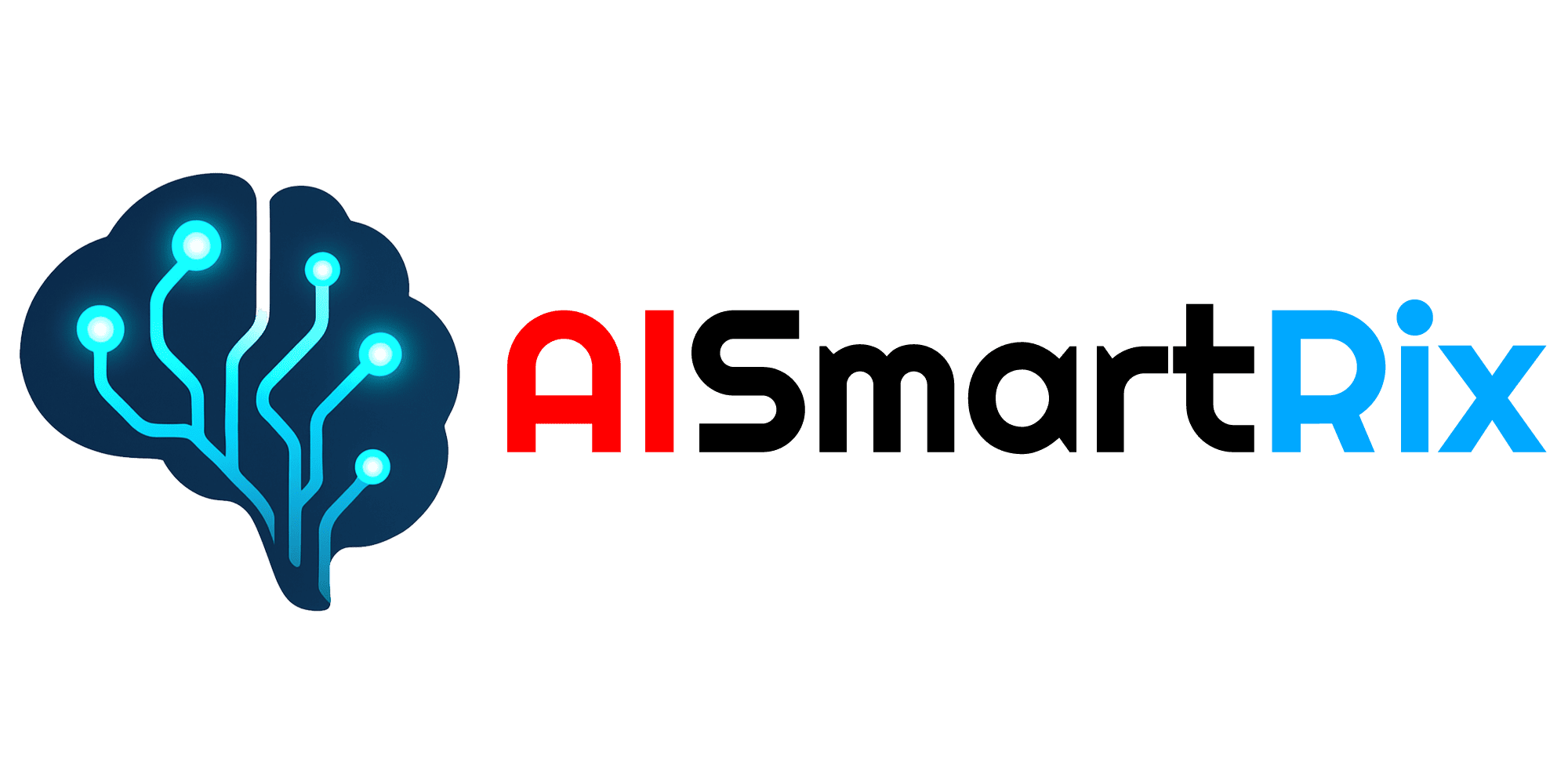Synthetic Data Marketplaces: Buying the Data That Trains Tomorrow’s AI
In the era of artificial intelligence, data is often called the new oil. But real-world data comes with privacy concerns, regulatory hurdles, and high acquisition costs. Enter synthetic data marketplaces, a revolutionary concept that allows organizations to buy or license artificially generated data to train AI models without compromising privacy or quality.
This article explores what synthetic data marketplaces are, how they work, their benefits, applications, and why they are poised to reshape the future of AI development.
1. What Are Synthetic Data Marketplaces?
Synthetic data is artificially generated information that mimics real-world datasets. Unlike traditional data, it does not contain personally identifiable information (PII) but preserves the statistical properties and patterns necessary for AI training.
A synthetic data marketplace is a platform where companies, researchers, and developers can:
- Purchase synthetic datasets tailored to specific AI applications.
- License data for training machine learning models.
- Access diverse and high-quality datasets without the legal or ethical concerns of real-world data.
These marketplaces are becoming essential hubs for AI innovation, enabling organizations to accelerate development while staying compliant with data privacy laws.
2. How Synthetic Data Marketplaces Work
The process typically involves several steps:
- Data Generation: Synthetic data is created using generative models such as GANs (Generative Adversarial Networks), VAEs (Variational Autoencoders), or simulation-based methods.
- Validation & Quality Assurance: Datasets are tested for accuracy, realism, and relevance to ensure they can effectively train AI models.
- Marketplace Listing: Data providers upload datasets to marketplaces, tagging them with metadata, formats, and intended use cases.
- Purchase or Licensing: AI developers browse, evaluate, and acquire datasets suitable for their projects.
- Integration & Training: The purchased synthetic data is integrated into AI workflows to train models while avoiding privacy and compliance issues.
This streamlined approach makes high-quality, scalable, and safe AI data accessible to a wider range of organizations.
3. Benefits of Synthetic Data Marketplaces
Synthetic data marketplaces provide numerous advantages:
- Privacy-Friendly: No personal or sensitive information is exposed, reducing compliance risks with regulations like GDPR and CCPA.
- Cost-Effective: Eliminates the need for expensive real-world data collection, cleaning, and annotation.
- High-Quality & Diverse Data: Synthetic datasets can be generated for rare or underrepresented scenarios that are difficult to capture in reality.
- Accelerates AI Development: Developers can quickly acquire data tailored to specific AI tasks, improving efficiency.
- Global Access: AI teams anywhere can access premium datasets without logistical or legal barriers.
These benefits position synthetic data marketplaces as a cornerstone of the next generation of AI development.
4. Key Applications
Synthetic data marketplaces are already impacting multiple sectors:
- Autonomous Vehicles: Simulated driving data for training self-driving car algorithms in rare weather, traffic, and accident scenarios.
- Healthcare: Synthetic patient records for research and predictive diagnostics without risking privacy breaches.
- Finance: Fraud detection models trained on synthetic transaction data to preserve confidentiality.
- Retail & E-Commerce: Simulated customer behavior datasets for personalized recommendation engines.
- Robotics & AI Simulation: Training robots to interact with virtual environments before deployment in real-world scenarios.
By leveraging synthetic data, organizations can innovate faster and more safely than relying solely on real-world data.
5. Challenges and Considerations
Despite its advantages, synthetic data marketplaces face some hurdles:
- Realism of Data: Poorly generated datasets can introduce biases or fail to capture real-world complexities.
- Standardization: Lack of industry-wide standards for synthetic data quality and usability.
- Ethical Concerns: Ensuring that synthetic data does not perpetuate hidden biases or inaccuracies.
- Marketplace Trust: Buyers need assurance that datasets are generated ethically and validated properly.
Addressing these challenges is essential for mainstream adoption and trust in synthetic data marketplaces.
6. The Future of Synthetic Data Marketplaces
The future is promising for synthetic data marketplaces:
- Integration with AI Pipelines: Marketplaces will offer APIs and plug-ins for seamless AI workflow integration.
- Personalized Synthetic Datasets: On-demand datasets generated specifically for a company’s AI model needs.
- Cross-Industry Collaboration: Companies from different sectors can share insights while preserving privacy.
- Regulation and Compliance: Standards and certifications will emerge to ensure quality, ethics, and privacy compliance.
As AI becomes increasingly central to businesses, healthcare, transportation, and smart cities, synthetic data marketplaces will empower innovation while protecting user privacy.
Conclusion
Synthetic data marketplaces are transforming the way AI is developed, offering a privacy-preserving, cost-effective, and scalable alternative to traditional datasets. By unlocking access to diverse and high-quality synthetic data, these platforms are accelerating AI innovation across industries.
The question now is: Which industry could benefit most from synthetic data, and how will these marketplaces shape the AI models of tomorrow?





